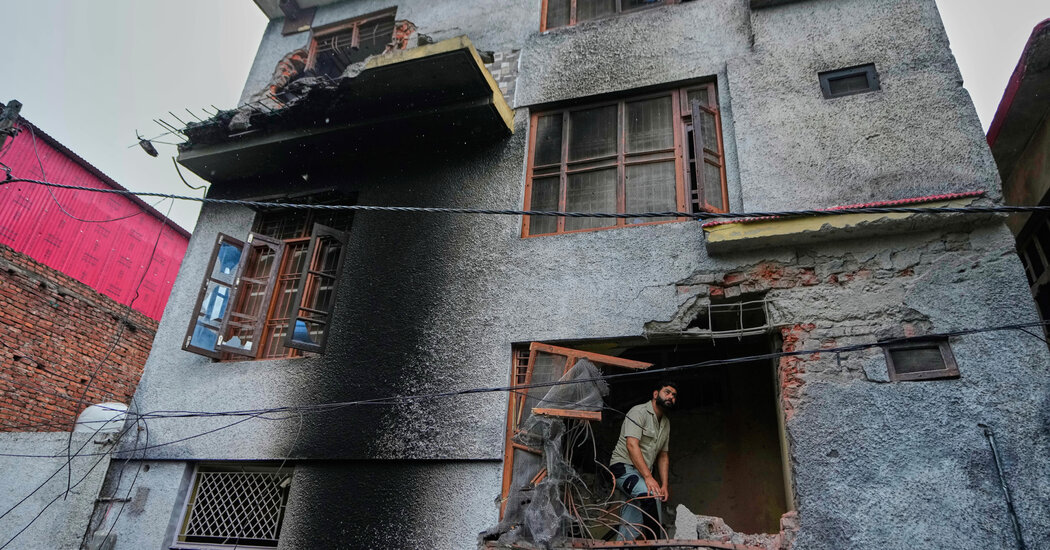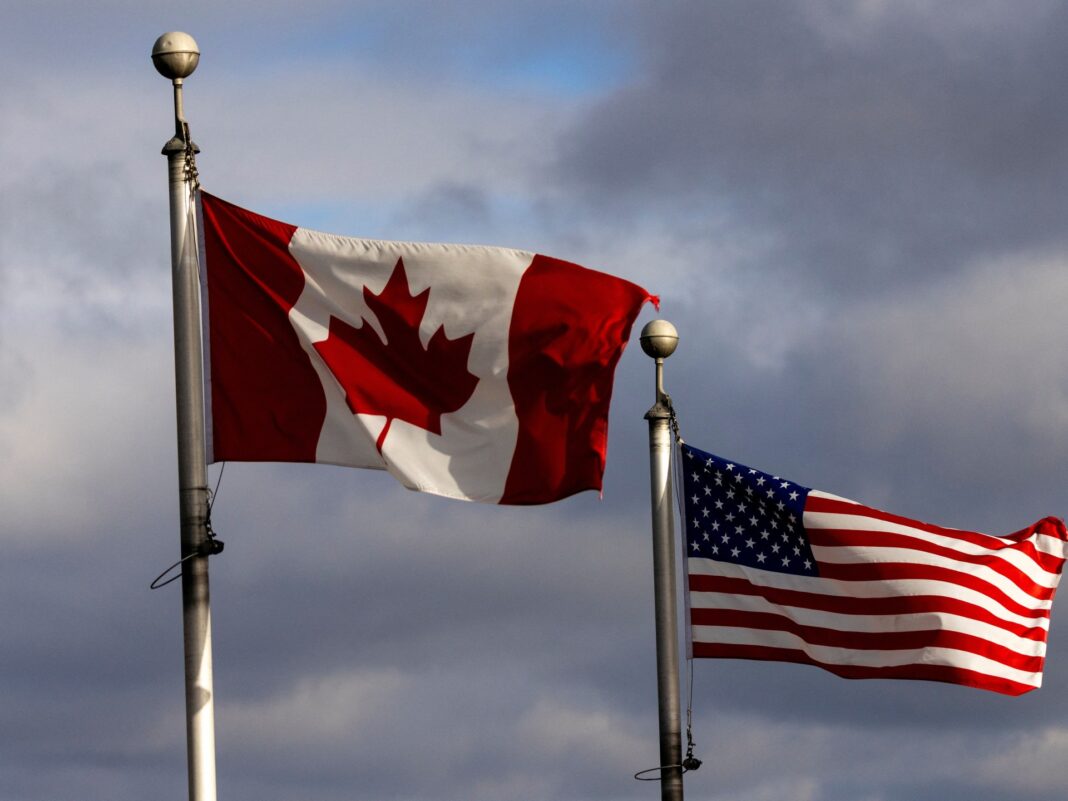The situation between India and Pakistan remained volatile on Thursday, with reports of heavy overnight shelling and strikes on both sides clouding an international diplomatic push to contain the risk of all-out war.
After a day of violence on Wednesday that opened with Indian airstrikes and Pakistani claims to have shot down aircraft — and reports of dozens of deaths in total — both India and Pakistan seemed to be open to finding a way to de-escalate. Even as leaders on both sides publicly struck victorious tones, Pakistani officials said that security officials from both countries had made initial contact to reopen communication.
President Donald Trump expressed his willingness to help, too, as U.S. officials said they were engaging with leaderships of both India and Pakistan to seek a peaceful resolution.
There were hopeful signs of engagement on Thursday, including a flurry of diplomatic meetings in New Delhi and Islamabad. Top diplomats from Iran and Saudi Arabia, crucial regional players who have close ties to both of the warring countries, were in New Delhi for meetings.
But on the ground, the news was of more violence. The Indian side said that it had received heavy shelling from Pakistani positions along the border areas overnight. Indian officials said they had responded forcefully, and claimed that they had targeted Pakistan’s air defense radars and systems at several locations. Pakistan, for its part, added to its claims of downing Indian aircraft, saying it had shot down drones that had penetrated into Pakistani territory to carry out strikes on Thursday. Many of the details claimed by each side could not be fully confirmed.
In a sign of the escalating violence, the United States issued an alert to American citizens in Lahore, the regional capital of Pakistan’s Punjab Province, near the border with India.
“Due to reports of drone explosions, downed drones, and possible airspace incursions in and near Lahore, the U.S. Consulate General in Lahore has directed all consulate personnel to shelter in place,” the statement said.
The two countries, separated from each other at the end of British colonial rule in 1947, have fought several wars, with the main flashpoint being disputed claims over the Himalayan region of Kashmir, split between them.
The recent escalation came after a gruesome terror attack on the Indian side of Kashmir last month that killed 26 civilians. India accused Pakistan of being behind the attack and vowed military action. Pakistan denied the accusations, and warned that it would respond in kind if attacked.
The diplomatic push this week was being built around the hope that the heaviest military engagement could be contained to the actions on early Wednesday.
Pakistani officials said the national security advisers of both countries had established “some interaction” after Wednesday’s initial strikes. The engagement was first mentioned by Pakistan’s foreign minister, Ishaq Dar, in an interview with the news channel TRT. A second official confirmed the contact, but said it was indirect — suggesting there were mediators in the mix.
Still, in both capitals, it was clear that the risk of escalation was far from over.
In New Delhi, Prime Minister Narendra Modi’s government briefed representatives of the opposition parties on India’s military action, and all of the political figures came out with a statement of support for the government’s action.
“This is an ongoing operation,” India’s parliamentary affairs minister, Kiren Rijiju, said after the meeting.
At the beginning of his meeting with his Iranian counterpart, Foreign Minister S. Jaishankar of India said that the government’s actions against Pakistan had been “targeted and measured.”
“It is not our intention to escalate the situation,” he said. “However, if there are military attacks on us, there should be no doubt that it will be met with a very, very firm response.”
In Pakistan, the country’s leadership also showed a united front. Dominating newspapers and social media were images of a funeral held on Wednesday for a 7-year old boy who was killed in the Indian strikes. Pakistan’s top leadership, including the country’s prime minister, president and its army chief, were all in attendance.
After the funeral, Pakistan’s president, Asif Ali Zardari, condemned India’s actions as “cowardice” and vowed they would be “met with decisive action.”


